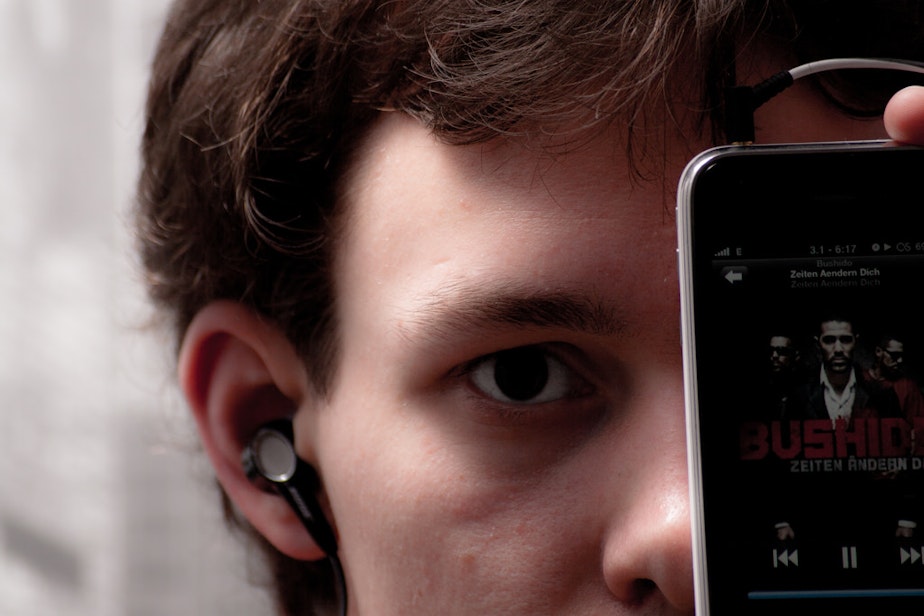That song on your smartphone could be a spy (and not just about your musical tastes)

Smart devices like your phone or tablet could be used to track your movements. A group of computer science researchers at the University of Washington recently demonstrated this.
They turned smart devices into active sonar systems using a new computer code they created called CovertBand and a few pop songs.
To the researchers' knowledge, this software shows that for the first time you no longer need specialized hardware to spy on your neighbor.
“You can add these high frequency beats to a regular popular song, and then the person hearing it might not even know that you have those tracking bits of snippets in your actual song,” explained UW researcher Rajalakshmi Nandakumar.
In essence, download and play the song from a malicious attacker, and the song itself acts like a spy.
Sponsored
CovertBand uses the same principals as say, active sonar on a submarine. It locates a nearby object by sending out an acoustic pulse.
By raising the volume of the repeating pulses to audible levels, the researchers were able to increase the range of surveillance of the code to track repetitive movements up to six meters away — and through walls. To mask the sound of the pulse, researchers covered it with the beat of a hit song.
Computer science professor Yoshi Kohno stressed that currently they don’t know of any situation where this is actually happening out in the world. But he said it’s important that as technology continues to progress around us, we start to have conversations about not only the benefits, but also its downsides.
“With the whole internet of things era, innovation is happening incredibly rapidly,” Kohno said. “And sometimes it’s healthy to step back and pause and ask, well, what are the actual implications of capabilities of the technology that we're putting in our environment?”
Kohno said we should be making more cautious decisions about what these increasingly ubiquitous technologies should and should not be able to do.

